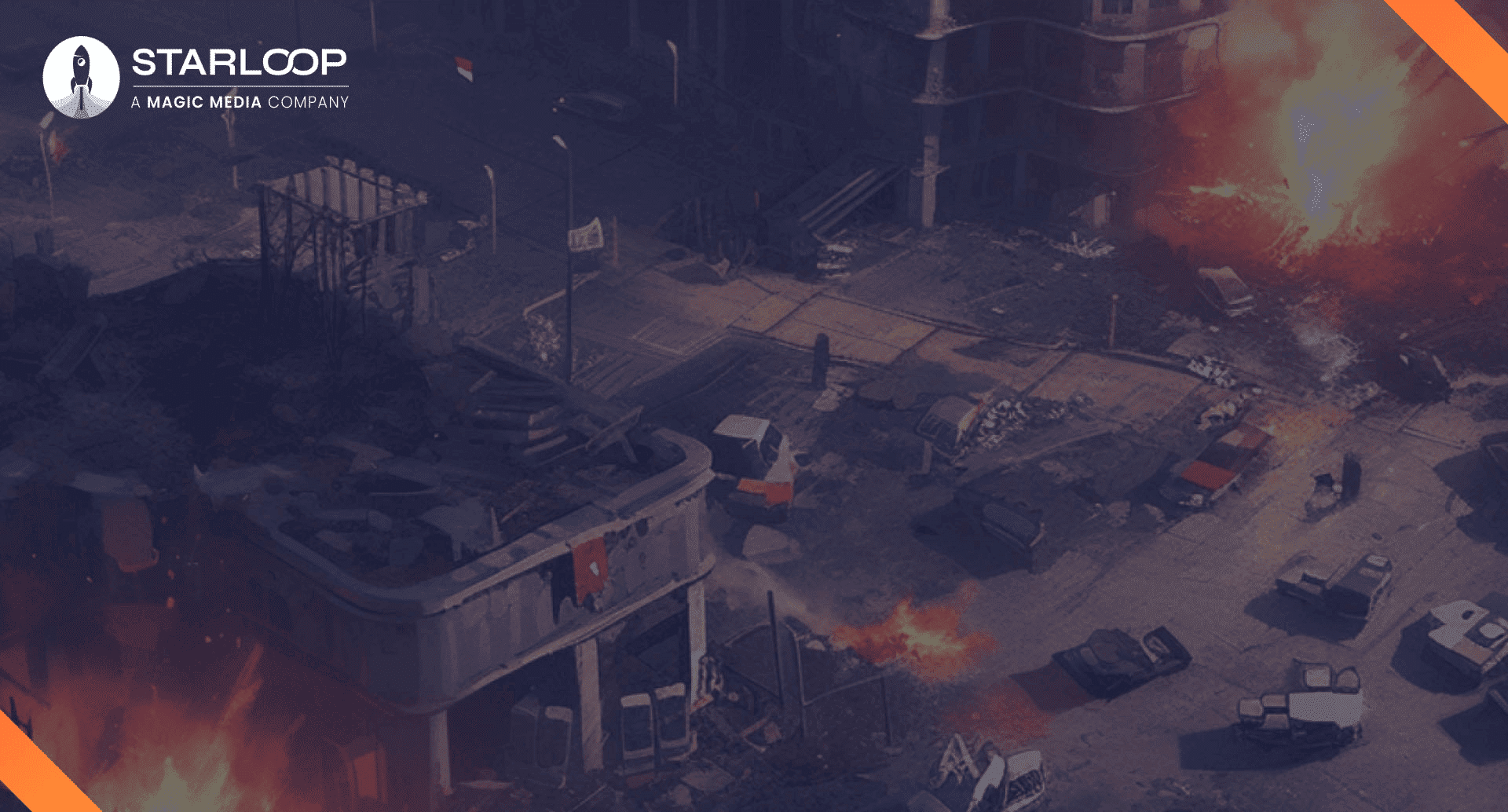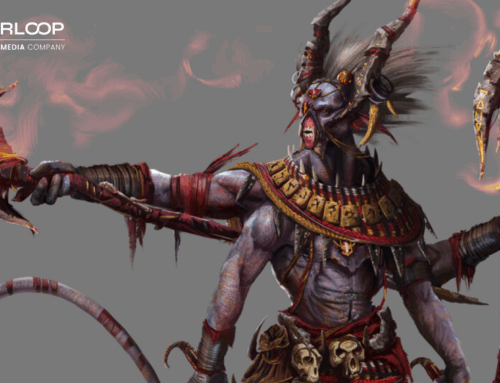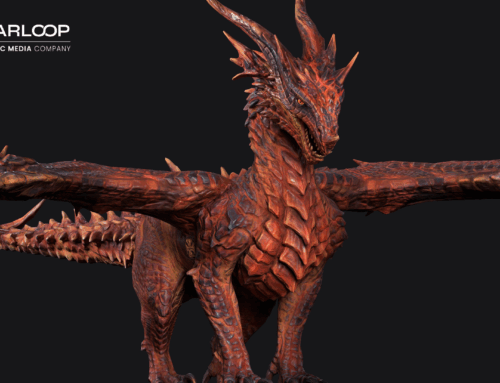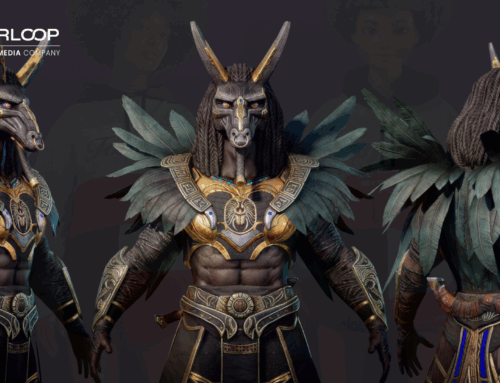The full-cycle game development process is an intersection of many disciplines, including artistic, technical, narrative, design skills, and much more. The bulk of these key aspects can be categorized into one of the three C’s of the game development process – code, creativity, and completion.
Each pillar of the game development process is as important as the last. There is a symbiotic relationship between the three C’s of game development, and each must work with the other to get the most out of the process in the most harmonious way possible. Creativity paves the way for coding, which, in turn, leads to a game’s development concluding.
Creativity in the Game Development Process
Creativity is at the heart of the game development process. It drives engaging game mechanics, stories, and compelling visuals. With the right creative force behind your game, it’ll be memorable and engaging for your target audience of gamers. Though every creative undertaking for game development won’t be the same as the last, some processes are required to produce a truly creative game.
The creative process in game development tends to begin early with the conceptualization phase. During this stage of the game development process, the creative team works to establish a game’s core creative concepts, including its story, narrative, character, plotting, art, game mechanics, and virtually every aspect of the game overall.
Once the game’s core concepts have been nailed down, various teams will take these concepts and work to make them a reality. Art and design teams will determine how to bring the game’s visual concepts to life in the most compelling ways possible. The narrative team will develop the story in a way that’s consistent with the game’s visual motifs and other aspects, including interesting characters, dialog, plot beats, and often, branching story paths and dialog options. Engaging game mechanics appropriate to the title’s style and genre are designed to keep your players invested in the title throughout its duration.
Coding for Game Development Projects
Coding is the technical lifeblood of the game development process. It’s necessary for the creation of games by implementing game mechanics and everything else devised by the creative teams throughout the whole game development process. Simply put, without coding and expert game developers, games can’t exist. There are several aspects of coding for game development that developers should be aware of exercise as best as possible.
The choice of programming language and game engine is critical for any game. Game engines provide the framework for building games and can make certain coding tasks more streamlined or easier to accomplish. Depending on your choice of game engine, there are many programming languages available to use to write a game’s logic and functionality. Not all languages are supported by all game engines, so it’s important to research what languages game engines support before committing to a particular language or engine.
Coding is central to implementing game functions and logic, but also ensuring the gameplay experience is smooth for players, an essential part of completing the production of any game. It’s often not enough to simply know how to code a game. Programming a game cleanly with the most efficient code possible will lead to a better experience for gamers, and is, for many game developers, the main objective for any game development process.
Completing Game Development Productions
The game development process is comprised of several stages, from pre-production to production right through testing and post-production. Each stage requires robust and thorough teamwork as well as the process overall. Project managers and producers are indispensable to the success of the game development process at every stage and are critical to its completion. With their talent management, goal setting, and organizational skills, games stand a better chance of being completed promptly in an acceptable state for release.
Completing games in the modern industry extends beyond a game simply going gold and being released for public consumption. Post-launch support is more important than ever and it’s become something of an expectation for games to be supported long after launch in the form of downloadable content and patches addressing bugs and providing content updates. In this sense, ‘completing’ a game development project only occurs when its post-launch support period has officially ended.
Contact Starloop Studios today to learn more about our expert high-quality game development services for all platforms.
As part of Magic Media, we offer a wide range of services for the gaming, entertainment, and tech industries, including but not limited to full-cycle game development, game trailer production, and real-time VFX. Get in contact today, and let’s create magic!



